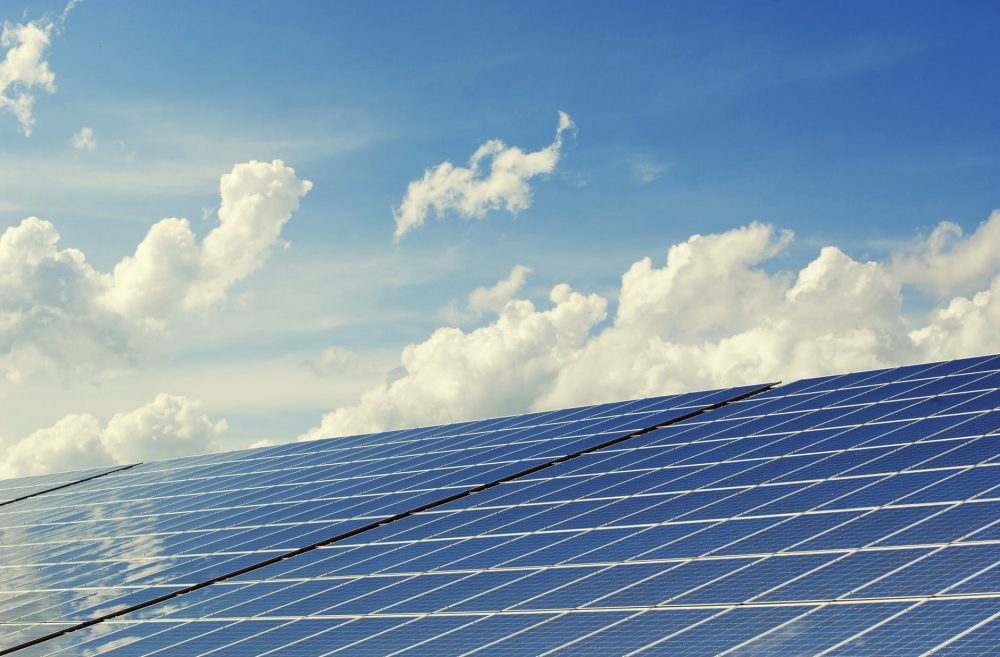Bureau Veritas has given Approval in Principle (AiP) to an offshore floating solar technology for the first time.
The AiP was given to Dutch renewable energy company SolarDuck for its offshore floating solar solution ‘King Eider’, designed to help meet zero emission goals.
Koen Burgers, CEO of SolarDuck, said: “Bureau Veritas is a key name in the maritime industry, and well known for their certification of maritime structures. We are immensely grateful for their support and cooperation on certifying our technology and setting standards for the Offshore Floating Solar industry.”
Strong floating structure
Launched in April, SolarDuck’s first pilot ‘King Eider’ consists of four triangular-shaped units, which are mounted by 156 solar panels and deliver a combined electrical output of 64 kWp to the grid. The project was deployed in IJzendoorn, in the Netherlands. The structure holds the solar panels more than three meters above water level. The platform is designed to handle coastal sea conditions and hurricane-force winds. It is also optimised for offshore sites in estuaries, natural harbours, as well as near-shore sites.
Bureau Veritas was involved in the project from the design stage. The AiP covers the design methodology of the unit’s structure and validates the relevant parts against guidance note NI631 on the Certification Scheme for Marine Renewable Energy Technologies, and NI572 on the Classification and certification of floating offshore wind turbines. These guidance notes provide the requirements to certify novel marine renewable energy technologies.
Source: www.maritimejournal.com
Image: www.pexels.com



